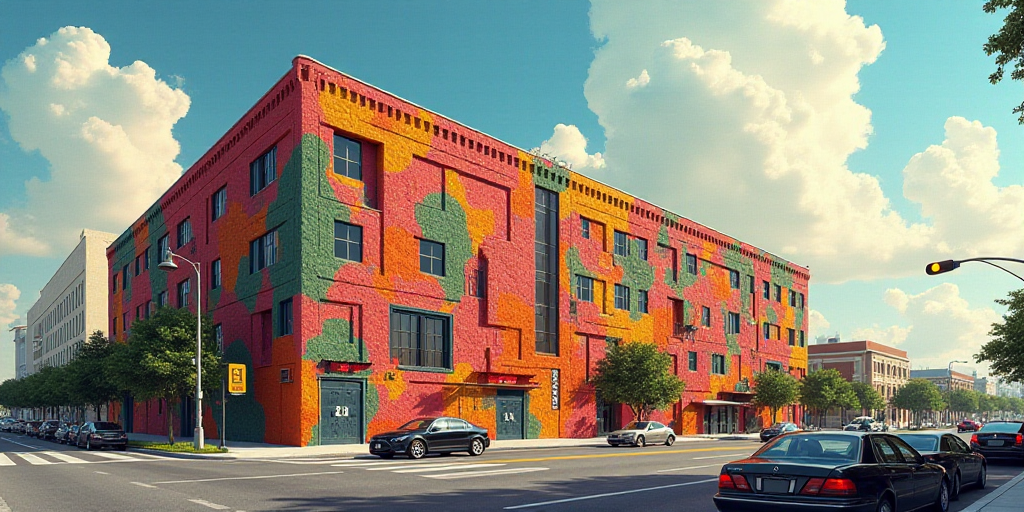Background on Ana María Kudisch Castelló
Ana María Kudisch Castelló is the president of the Mexican Bar Association (Barra Mexicana Colegio de Abogados, or BMA). As a prominent legal figure in Mexico, her insights carry significant weight regarding the country’s judicial system. Her current role places her at the forefront of addressing pressing issues within Mexico’s legal landscape.
The Collapse of Mexico City Courts
Kudisch Castelló has highlighted the critical situation in which Mexico City’s courts find themselves due to the implementation of the new National Code of Civil and Family Procedures alongside judicial reform, without adequate funding. This situation has led to severe delays in family court proceedings, affecting countless families and individuals.
Delays in Family Court Proceedings
The president of the BMA explained that family court hearings have been postponed for up to eight months. This delay impacts families who cannot collect child support, see their children, or proceed with divorce proceedings or visitation rights. Essentially, the population suffers significant harm due to this judicial bottleneck.
Impact on Daily Life
Kudisch Castelló emphasized that the inability to access justice due to overwhelmed judicial employees is particularly severe. When there isn’t enough time or resources to handle cases, especially those involving vulnerable groups or children, the consequences are dire. She pointed out that individuals have been unable to travel abroad because their passports are held by courts.
Root Causes of the Crisis
The crisis began with the implementation of the National Code of Civil and Family Procedures in June 2023, which took effect in 2024. The code required oral hearing rooms that were initially unavailable, prompting the consolidation of 24 civil and 11 family courts into other existing courts. This consolidation overloaded the remaining judges with additional cases, exacerbating the existing backlog.
BMA’s Warnings Ignored
Kudisch Castelló recalled that the BMA had previously warned against these changes, stating it was a disproportionate response. However, their concerns were disregarded by the authorities.
Additional Challenges
The judicial reform also coincided with the initiation of campaigns for popular election of judges, adding another layer of complexity. Judicial employees had to balance their regular duties with campaigning efforts, further straining an already overburdened system.
Future Implications
Kudisch Castelló anticipates that the situation will worsen as newly elected judges, many with little to no experience, grapple with the existing caseload in saturated courts. She paints a concerning picture of new judges starting their tenure amidst overwhelming caseloads and insufficient preparation.
Key Questions and Answers
- What is the main issue? The collapse of Mexico City courts due to inadequate funding for the implementation of a new code and judicial reform.
- Who is Ana María Kudisch Castelló? She is the president of the Mexican Bar Association (BMA), a prominent legal figure in Mexico.
- What are the consequences of the court delays? Families cannot collect child support, see their children, or proceed with divorce proceedings or visitation rights.
- What caused the court collapse? The consolidation of 24 civil and 11 family courts into existing courts, overloading remaining judges with additional cases.
- What additional challenges does the judicial system face? Popular election campaigns for judges added to the strain on already overburdened employees.
- What does the future hold for Mexico City courts? Newly elected judges, many with little experience, will face saturated courts and insufficient preparation.






